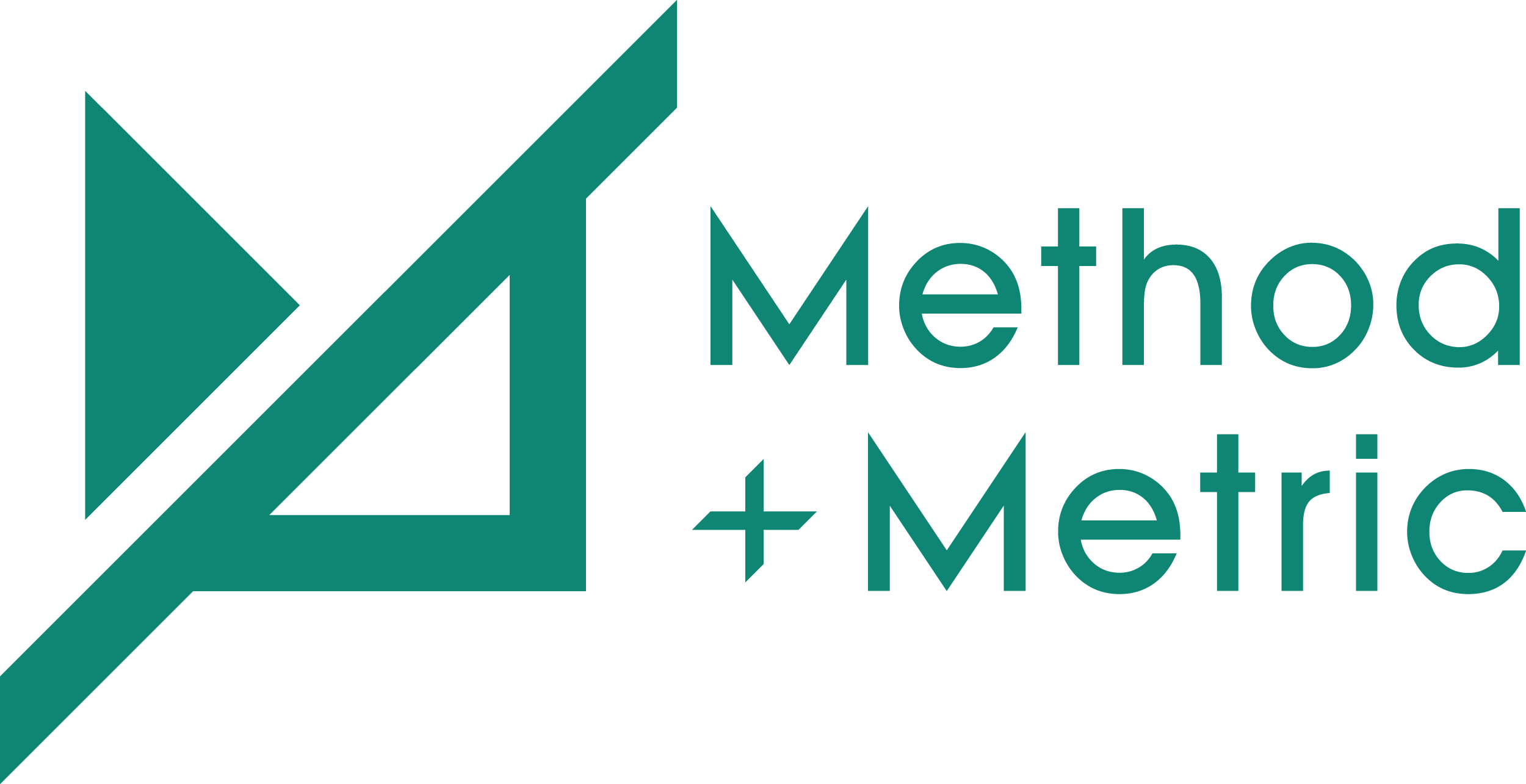The key to any good SEO strategy is knowing what SEO factors that need to be optimized and how it works with the other elements. We know that checking off the ranking checklist for Google is important to setting up your SEO and having a solid foundation to build on. But there are elements of your website that need to be optimized even though they don’t directly affect your organic rankings. These non-ranking SEO factors do, however, affect other important considerations that play into the entire user experience of your website.
Meta Descriptions Matter
Meta titles and descriptions have been around forever. Actually, over 20 years. They were a major part of many a Search Engine’s algorithm, giving readers a short snippet of what will be found on that page.
These are SEO factors that should include keywords that are relevant to your business. This helps Google rank whether or not the keywords in your descriptions match the keywords and content on your page and analyzes if your content is relevant to your site’s niche, then they bold them. This helps you stand out to your visitors.
It’s common knowledge that meta descriptions should contain keywords and describe the page, but they also need to capture the attention of the reader so that they want to click on your link.
So in 160 characters these need to be concise, compelling, to the point and ENGAGING. Make it fun, make it mysterious, include emotion inducing words to compel people to want to explore. We know you have something special, so show it!
So let’s fill in our meta descriptions! By not doing so we not only miss an opportunity to capture the attention of our audience but it also impacts how you will appear on SERP and can affect a person’s decision to want to explore your site.
This ultimately affects traffic and engagement rates and is an important part of your SEO strategy.
SSL Certificate are Mandate
SSL certificates are mandated certificates that will help you build trust between you and your customers. This is an SEO factor that secures your website so customer information is secure when browsing your site. Not having one will affect your click-through rate, the number of visitors to your site as well as how long they spend there.
This certificate ensures that your information can’t be accessed by hackers who are looking for an open-source. Major browsers will warn users from entering an insecure site by using a pop-up warning them that you have an insecure site – this does a great job of breaking customer trust and discouraging them to continue clicking.
The Importance of H1 Tags
H1 title tags are at the top of the hierarchy of headings and are typically reserved for the title of the webpage. Although it does not rank directly it is an SEO factor that can be used indirectly to give your article context and provide quick information to the reader with weight given to keywords within those tags.
Readability is a high ranking factor and posts that are easier to digest will have readers organically coming back. No one wants to read an article that is stuffed with keywords or lacks information. Therefore your H1 tags should clearly tell the reader what they are about to explore if they continue scrolling through the page they will be able to decipher what information is where – easily.
Headings and subheadings also provide structure to an article and can be a source of quick-scanning information, allowing the reader to scan the article to determine what information is relevant to them.
If you can answer questions quickly, people are more likely to happily stay browsing your site.
Content-Length: Does it matter?
There’s a lot of information online that talks about content length. Some say the longer the better and others rave about having short, digestible information. As much as we’ve been told, we’re here to tell you that ultimately, it doesn’t matter. What matters is ensuring that your content is accurate, entertaining, and useful to the people reading it!
This means producing content that solves a problem for the reader, teaches them how to do something, or simply inspires them to go out and do that thing they’ve been wanting to do. Organically well-written, inspiring content encourages individuals to visit you again and again if what you are providing them is valuable. This way people will be more willing to turn to you as their go-to in your industry.
This may seem obvious but you want to be able to answer reader questions that are relevant to the search query. So if it’s a simple question that’s being asked then a concise answer may be sufficient, if it’s a topic that requires more depth then offering up long-winded posts may be necessary.
Even Non-Ranking SEO Factors Make a Difference
Although they don’t contribute to your rankings, all of these non-ranking SEO factors play an important role in great SEO – and that’s what we’re looking for!
Great SEO is made up of a lot of moving parts, and when working together, all of these intricacies will help keep visitors on your site and coming back.
Answering reader questions and providing quality, engaging content can really help you in structuring your site in a way that keeps them interested.
This means seriously considering their security, answering their questions, and keeping your content natural and entertaining.




